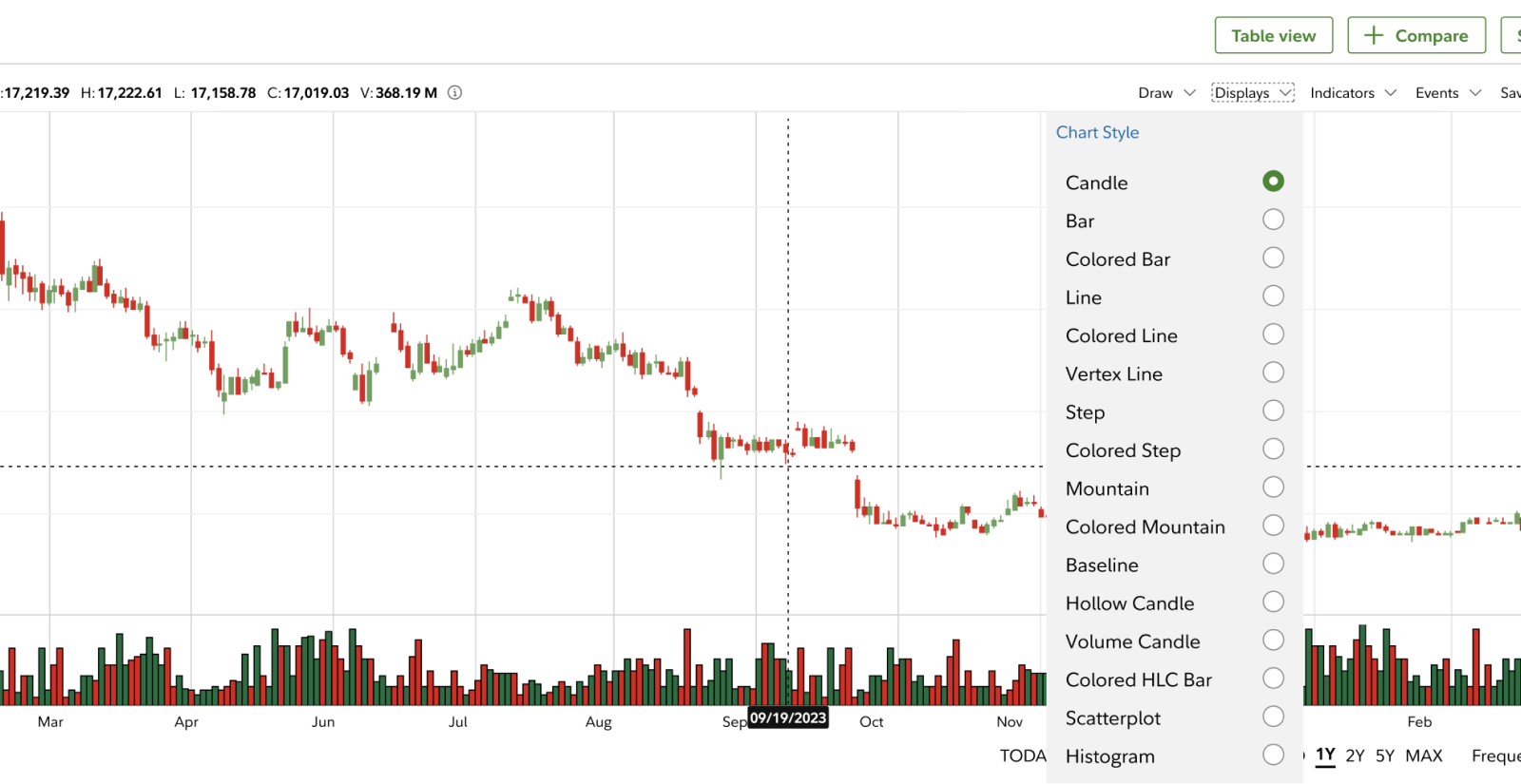Introduction
Fidelity Investments is a powerhouse in the world of finance, long known for its diversified portfolio offerings, including stocks, mutual funds, and retirement accounts. But as cryptocurrency continues to redefine the global financial landscape, many investors—especially those new to digital assets—are wondering: Does Fidelity sell crypto? The answer is yes, but with certain limitations and distinct approaches that set Fidelity apart from traditional crypto exchanges.
In this final installment exploring Fidelity’s involvement in cryptocurrency, we will dive deep into the core services it offers, how it compares to competitors, what investors need to know, and the strategic vision behind Fidelity’s entrance into crypto markets.
Fidelity Investments, a prominent financial services firm, has embraced the evolving landscape of digital assets by offering cryptocurrency services to its clients. This article provides an in-depth look at Fidelity’s involvement in the cryptocurrency market, detailing the services offered, supported cryptocurrencies, trading features, and considerations for potential investors.
Fidelity’s Entry into Cryptocurrency
Recognizing the growing interest in digital assets, Fidelity launched Fidelity Digital Assets® in 2018 to provide institutional investors with access to cryptocurrency services. Building on this foundation, Fidelity introduced Fidelity Crypto®, a platform designed for individual investors to buy and sell cryptocurrencies directly through Fidelity’s website and mobile app.
Supported Cryptocurrencies
Fidelity Crypto® currently supports trading in the following cryptocurrencies:
-
Bitcoin (BTC)
-
Ethereum (ETH)
-
Litecoin (LTC)
These offerings allow investors to engage with some of the most established digital currencies in the market.
Trading Features and Accessibility
Fidelity Crypto® offers several features aimed at providing a user-friendly trading experience:
-
Low Minimum Investment: Investors can start trading with as little as $1, making cryptocurrency investment accessible to a broader audience.
-
Extended Trading Hours: The platform allows trading 23 hours a day, seven days a week, providing flexibility to investors.
-
Integrated Platform: Users can manage cryptocurrency investments alongside traditional assets within the same Fidelity account interface.
-
Security Measures: Fidelity employs institutional-grade security protocols to safeguard digital assets, leveraging its experience in financial services.
Indirect Exposure to Crypto Through Fidelity
For those hesitant to invest in crypto directly, Fidelity also offers indirect exposure through crypto-related funds and ETFs. Some of these investment vehicles track companies involved in blockchain technology or the price performance of cryptocurrencies.
Examples include:
-
Crypto-focused mutual funds
-
Bitcoin and Ethereum ETFs
-
Public equities in blockchain or mining firms
This approach is ideal for traditional investors who prefer the regulatory clarity and structure of conventional financial instruments.

Fidelity vs Traditional Crypto Exchanges
When comparing Fidelity Crypto to platforms like Coinbase, Kraken, or Binance, a few major differences stand out.
1. Regulatory Focus
Fidelity has a long-standing reputation for regulatory compliance. Unlike some crypto exchanges that have faced regulatory scrutiny, Fidelity operates within well-established U.S. financial frameworks. This gives investors greater peace of mind, especially those who are risk-averse.
2. No Wallet Transfers
Currently, Fidelity does not allow users to transfer cryptocurrencies into or out of their Fidelity Crypto accounts. This limitation means users can’t use their crypto holdings for decentralized finance (DeFi), NFTs, or peer-to-peer transfers. This may be a drawback for more experienced crypto users, but for long-term investors, it provides a secure and simplified experience.
3. Security and Custody
Fidelity offers institutional-grade custody solutions through its digital asset arm. Assets are stored offline in cold storage to minimize the risk of hacking—a crucial feature in an industry frequently targeted by cyber threats.
Considerations for Investors
While Fidelity’s cryptocurrency offerings provide convenient access to digital assets, investors should consider the following:
-
Market Volatility: Cryptocurrencies are known for significant price fluctuations, which can impact investment value.
-
Regulatory Landscape: The regulatory environment for digital assets is evolving, and changes may affect the availability and legality of certain services.
-
Security Practices: Although Fidelity implements robust security measures, investors should remain vigilant about protecting their account credentials and personal information.
Final Thoughts
So, does Fidelity sell crypto? The answer is yes—with precision, caution, and a strong focus on trust. Unlike other platforms that chase the hype, Fidelity has adopted a measured approach, emphasizing reliability and simplicity. For traditional investors taking their first steps into the crypto world, Fidelity offers a trustworthy gateway.
As with all investments, due diligence is essential. Cryptocurrency is not for everyone, and those considering it should evaluate their financial goals, risk appetite, and investment timeline. But for those ready to explore digital assets within a familiar and secure environment, Fidelity provides an attractive option.
In the final analysis, Fidelity’s expansion into crypto signifies more than just another investment option—it represents the growing convergence of traditional finance and digital innovation. Whether you’re a cautious newcomer or a seasoned investor, Fidelity’s crypto services offer a way to engage with the future of finance—one careful step at a time.
